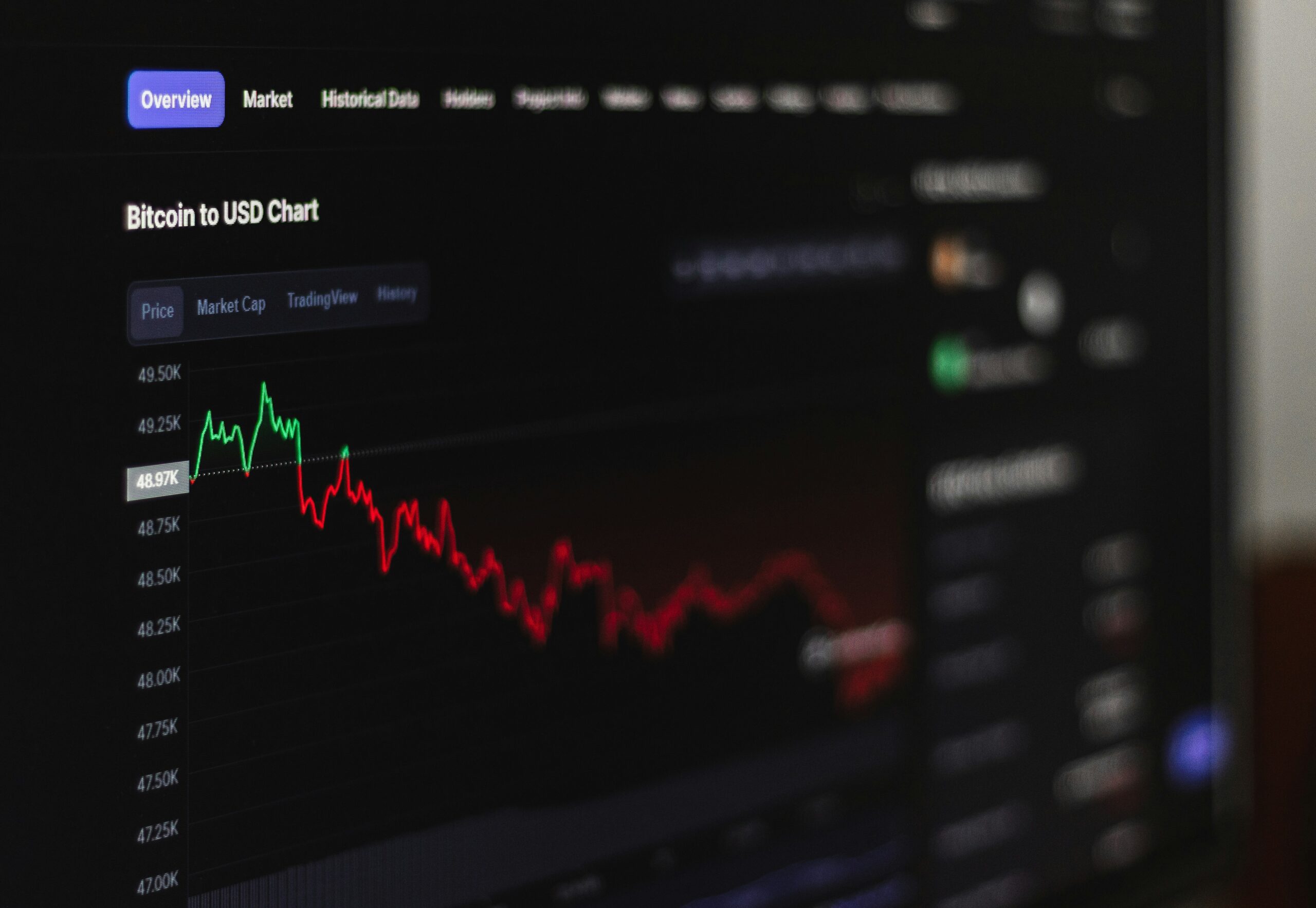Draft crypto legislation signals shift for digital assets in Australia

New draft legislation that will bring digital asset and tokenised custody platforms under the same framework as traditional financial firms could supercharge growth in the local crypto industry.
Over the past five years, Honner has been close to this policy process by helping both local and global firms across the sector engage with politicians and regulators to shape the debate that led to this outcome.
As the new regime takes shape, clear communication with stakeholders will be as important as compliance. Now is the time for firms to prepare their narrative, engage with government, and build trust with clients.
Breaking it down
Speaking to those in the industry, there is broad consensus the new draft laws are far more appropriate than a previous proposal by ASIC that sought to require businesses to hold a market operating licence. This is a lengthy process that only two firms in Australia have ever completed.
The new framework instead introduces two key categories: digital asset platforms (DAPs), where operators hold digital tokens on behalf of clients and tokenised custody platforms (TCPs), where operators hold underlying assets and issue tokens representing client entitlements.
Both groups will be treated as financial products under the Corporations Act, meaning operators must hold an Australian Financial Services Licence and comply with the standards of conduct, governance and disclosure that apply to other financial firms.
The Australian Securities and Investments Commission (ASIC) will develop new minimum standards for transaction, settlement and asset-holding functions, while operators must provide clients with a clear platform guide explaining how the service works, its risks, fees, and client rights.
Importantly, these measures are technologically neutral and designed to adapt as new forms of tokenisation and services emerge.
Roadblocks ahead
There are still challenges to work through. The legislation introduces detailed definitions for digital tokens, DAPs and TCPs – but questions about how “control” or “possession” of a token is determined in decentralised systems will likely be tested in practice and potentially in court.
Compliance costs may be significant, especially for smaller operators, and could drive market consolidation. The Minister is given broad powers to declare platforms as financial markets or grant exemptions, providing flexibility but also raising concerns about transparency and the potential for regulatory uncertainty. Enforcement will be complex, given the global nature of crypto and Australia will need to ensure its regime remains competitive with other jurisdictions to retain capital and talent.
The framework is designed to be futureproof, with mechanisms for ASIC to set proportionate, outcomes-based standards and for the Minister to adjust obligations as risks and technologies evolve. However, the effectiveness of these safeguards will depend on ongoing consultation and the willingness of regulators to engage with industry as the market develops
Australia has a chance to position itself as a trusted hub for digital finance and those who move early will lead. Honner supports digital asset businesses, financial institutions and advisers to shape strategy, manage communications and engage policymakers.
Further reading:
- Draft crypto legislation – https://consult.treasury.gov.au/c2025-701519
- Bubble or backbone? Digital assets, crypto and blockchain debate

